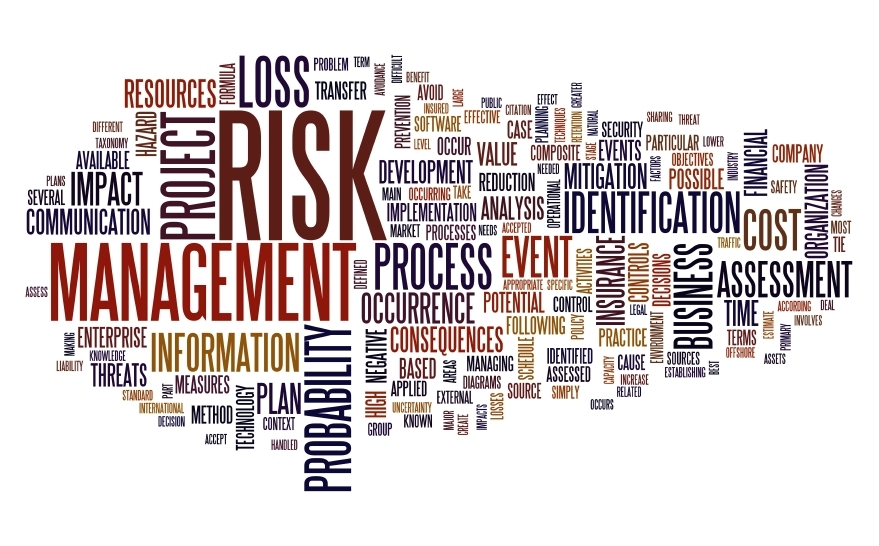 Hungary – the numbers prove Orban right;
Hungary – the numbers prove Orban right;- Indonesia –a dangerously wide current-account BoP deficit;
- Korea (South) – the CB cut interest rates for the first time in more than a year;
- Malaysia — political upheavals in the ranks of the opposition;
- Peru – the economy is rebounding;
- Poland – likely to be worst hit by the Russian sanctions war.
ARGENTINA: While Judge Griesa is again locking horns with Argentine policy makers, a variety of efforts are underway to find a way out of the debacle. On current trends, a compromise appears unlikely to be reached anytime soon.
ITALY: A disappointing set of statistics for the second quarter has raised questions about Prime Minister Renzi’s ability to live up to his promises. In the West’s lukewarm response to the Russia-Ukraine confrontation, Italy is emerging as a key obstacle to tougher sanctions.
JAPAN: The economy predictably contracted in the second quarter, following the April sales tax hike, but not sufficiently to generate serious worries. More of a problem is the relative weakness of wages, which bodes ill for consumption down the road. Prime Minister Abe now faces rising disenchantment among Japanese.
LEBANON: The army has been able to fight off an incursion by the barbaric ISIS, in part thanks to a highly unusual meeting of minds between Saudi Arabia and Iran. Still, it is difficult to overestimate the negative impact the civil war in Syria has had in Lebanon,
MEXICO: The rules the politicians have agreed on for ending the oil monopoly of Pemex are designed to stir up as little resentment at home as possible, while leaving enough room to keep private investors interested. Generally, President Pena Nieto has come a long way in getting his reform program legislated.
NIGERIA: The naira has recovered somewhat since tighter rules for money changers have gone into effect. These will, presumably, remain in force at least until after next year’s elections, when the likelihood of a devaluation will increase again. For now, the Central Bank will probably continue to hold interest rates steady.
RUSSIA: While the Western sanctions are not without a bite, especially for non-financial companies in Russia, they pose no imminent threat to Russia’s banking sector. In the energy sector, the near-term impact is being played down, but Moscow would make a mistake underestimating the longer-term repercussions.
UKRAINE: Hryvnia trading and capital flight indicate that worries about a Russian invasion have increased. There is evidence pointing to strings for the insurgency being pulled on the Russian side of the border. For now, the economic consequences for Ukraine are bound to get worse.
This page is provided by S.J. Rundt & Associates, Inc., specialists in country risk assessment, consultants to multinational companies & banks, and publishers of Rundt’s World Business Intelligence and The Financial Executive’s Country Risk Alert. To order a subscription or individual issues of these reports, in print or by e-mail, contact S.J. Rundt & Associates, P.O. Box 1572, Montclair, NJ 07042; Telephone: (973) 731-7502, Fax: (973) 731-7503; E-mail: info@rundtsintelligence.com; Web site: www.rundtsintelligence.com.























